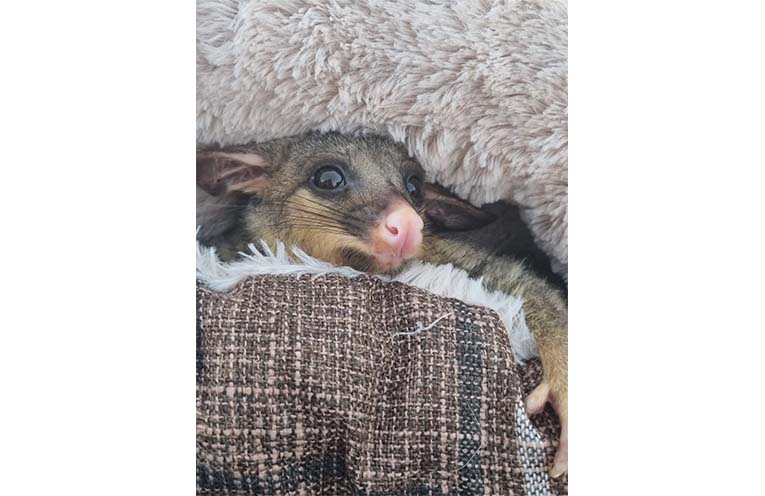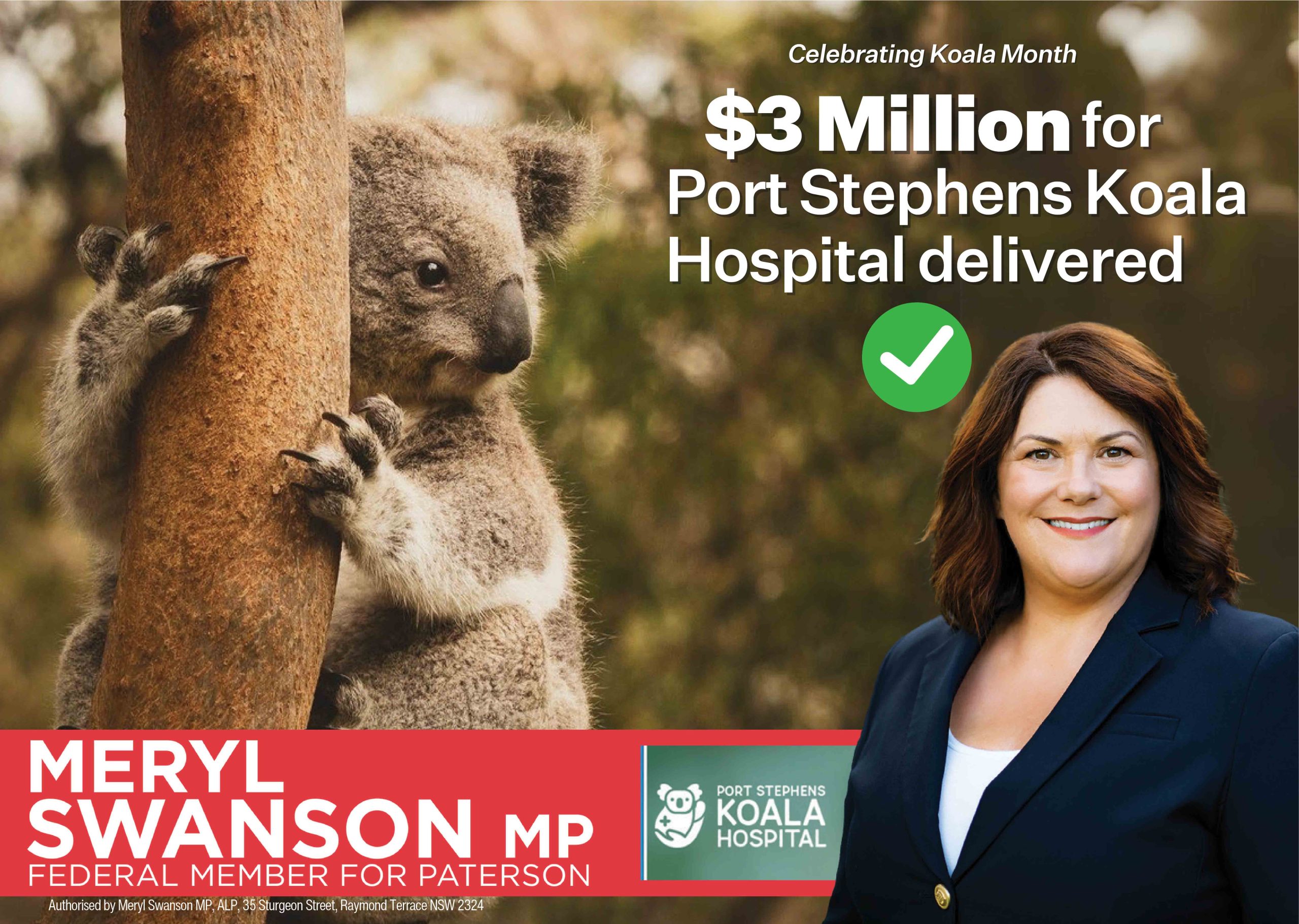
GARDEN spaces will be opened to the public later this month as a fundraiser for Wildlife In Need of Care (WINC).
On Sunday, 29 September eight blossoming gardens across Tilligerry will welcome guests as part of the ‘Peninsula Garden Ramble’, with net profits donated to WINC, a volunteer-run organisation which rescues and rehabilitates injured, sick and orphaned Australian wildlife.
 Advertise with News of The Area today.
Advertise with News of The Area today.It’s worth it for your business.
Message us.
Phone us – (02) 4981 8882.
Email us – media@newsofthearea.com.au
Formed in 2013, WINC operates 365 days a year.
WINC President Nina Morris said fundraising events such as this are essential to keep the organisation going.
“As a not-for-profit organisation, WINC relies heavily on the generosity of donations from the public and the support of government grants to continue our love and care for wildlife and the successful release back into their home environment.”
Money raised generally goes to the purchase of specialised food and veterinary treatment.
“It costs more than $1,000 to raise a single kangaroo joey from the time they come into care ‘til the time they are old enough to be ready for release back into the wild.”
WINC treats, rehabilitates and where possible releases possums, flying-foxes, microbats, birds (including birds of prey and migratory birds) and macropods.
It gives volunteers immense happiness to hand raise an orphaned animal and witness its return to the wild.
Sadly, they sometimes must also organise euthanasia or perform it themselves.
“Being a volunteer does have its ups and downs,” Nina said.
“Although many wildlife animals are released back into the wild, there are some that come into care that have been found too ill or injured and don’t make it.
“Carers give their heart and soul to seeing the animals be released and it is this joy we feel that makes us dedicated to continuing.”
The arrival of spring often means an increase in orphaned or injured animals for several reasons.
Many species emerge from hibernation or migration, making them increasingly visible, active and more likely to encounter humans.
Spring also coincides with breeding season, leading to a higher number of young animals who become orphaned if their parents are killed or injured.
Additionally, spring incidentally dawns environmental impacts, such as changes in food availability, weather events like bush fires and human activity like increased lawn mowing or construction, which can inadvertently harm young animals or disrupt their nests and dens.
To purchase tickets to the Peninsula Garden Ramble, visit www.trybooking.com/CUIUA
A map to plan your personal garden wander, including local places of interest, will be available via the Peninsula Garden Ramble group on Facebook.
By Jacie WHITFIELD


